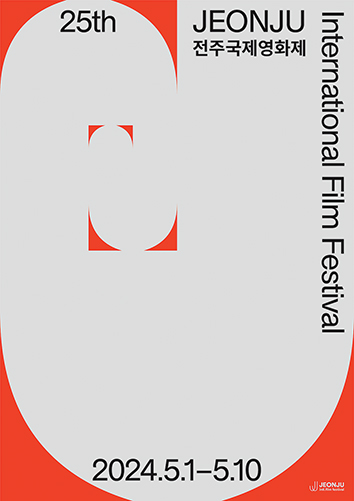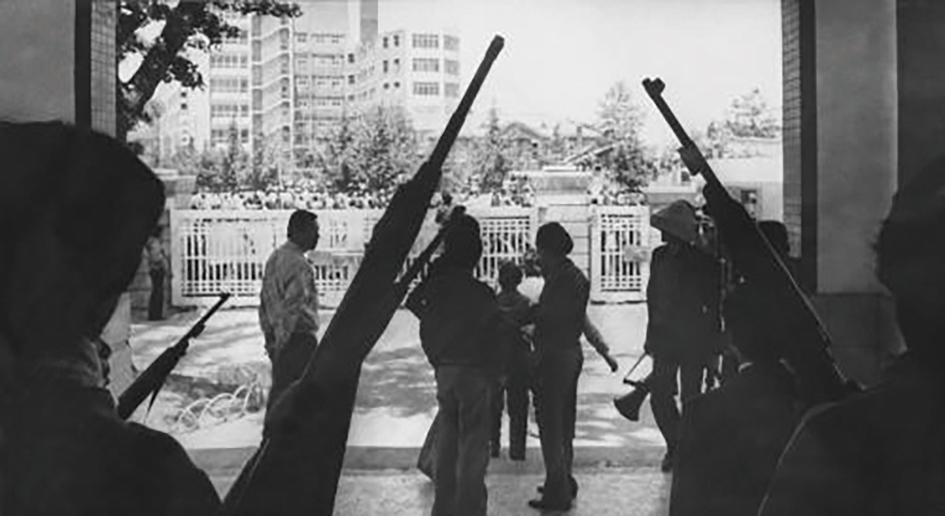Actions Speak Louder Than Words!
By Park Nahm-Sheik

The title of this article is a maxim, which many of history’s great role models lived by. Marco Polo, Christopher Columbus, and Captain Cook, for example, did just that.
Marco Polo (circa 1254–1324) spent nearly two decades traveling and exploring in a wide swathe of the Orient. Over much of this period, he lived in the Yuan court under the tutelage of Emperor Kublai Khan (1216–1294). He was afforded many privileges as the Khan’s favorite courtier, one of which was working as his imperial envoy to the neighboring kingdoms. Done with his long Oriental sojourn, he returned home to Venice and published a memoir of his encounter with the cultural diversity of the East. This tome served to help open Europe’s eyes to the cultural riches of the vast Asian continent.
Marco Polo was followed by another Italian explorer just as great: Christopher Columbus (1446–1508). Under the auspices of Ferdinand II and Isabella I of Spain, Columbus embarked on a transoceanic voyage to open a sea route to the East Indies or East Asia. The region was a mythic land of plenty in the popular Western imagination of the day. Columbus ended up by discovering a huge land mass on the far end of the Atlantic. This continent is known today as Latin America and comprises Central and South America. Serendipitous and wide of the mark as it was, this find proved to be more than enough of a payoff for Columbus and his sponsors.
About three hundred years later, Captain Cook (1728–1779) became the first person ever to navigate and map Newfoundland’s coastal waters in North America. Backed by British maritime and naval authorities, he soon ventured further out beyond the southernmost reaches of the Atlantic into the Pacific, mostly the South and Central Pacific. He explored the coastal waters of New Zealand and Australia, sailing via the Hawaiian Islands as far up north as the Bering Strait. Cook’s exploration was by and large very well done, his cartography having been done close to a fare-thee-well.
Closer to home, Hyecho (704-747) made a name as a big-time explorer of the day. An elite Silla-period Buddhist monk, he visited 40-some faraway lands on either side of the Silk Road, venturing far beyond the western borders of China. Among other countries, he visited India, Afghanistan, Persia, and Uzbekistan. Parenthetically, it was a stroke of good fortune that two volumes of his long-missing travelogue came to light in the early 1900s, thanks to a French research team, providing historical records of immense value to students of cross-cultural transactions in Asia dating back to more than a millennium ago.
Silla boasted another equally amazing explorer by the (household) name of Jang Bogo (circa 790–841). He hailed from the port of Cheonghaejin on the southeastern tip of the Korean peninsula. By the way, Cheonghaejin was the ancient name for what is Wando today. Often referred to as the ruler of the (Asian) Seas, he literally lorded over maritime commerce between Korea, China, and Japan. He gradually expanded his sphere of influence out to India and Persia. Indeed, his aspirations were continental at the very least, if not exactly global.
Just as inspiring are the tales of explorers in the realm of arts and sciences. Nicolaus Copernicus (1473–1543), for one, faced stiff headwinds because of his denial of the church’s dogma on the solar system. Galileo Galilei (1564–1642) came face to face with a similar issue. He was courageous enough to defy the authorities with his stand that Copernicus was on the right track,
Today we owe a whole lot to these and many other audacious souls for taking our understanding of the universe to the next level. Humanity is forever in debt to Leonardo da Vinci (1452–1519), Michelangelo (1475–1564), Johann Sebastian Bach (1685–1750), Johann Wolfgang Mozart (1756–1791), Ludwig van Beethoven (1770–1827), Frederic F. Chopin (1810–1849), Peter I. Tchaikovsky (1840–1893), Isaac Newton (1643–1720), Albert Einstein (1879–1955), and Stephen Hawking (1942–2018).
Andrew Carnegie (1835–1919) and Bill Gates (1955– ) also merit due recognition for their trailblazing roles in the sphere of philanthropy. Carnegie sowed the seeds of the community library in the United States. He apparently wished to take the American general public to a much higher intellectual level. Bill Gates has been plowing astronomical sums into a global project to alleviate the pains of poverty and disease, especially in the less developed parts of the world. He evidently has his sights set on helping lift those communities most in need out of the swamps of despair.
These two exemplary humanitarian givers have shown to the world that “Riches are like muck which stinks in a heap but, if spread abroad, make the earth fruitful.” Korea’s super-rich “elites” would do well to remember that “Shrouds have no pockets” and “We are not born for ourselves.”
Let me close here by proposing that “Actions Speak Louder Than Words” be our collective guiding light for the rest of our stay on this beautiful planet.
The Author
Park Nahm-sheik has a BA in English from Chonnam National University, an MA in linguistics from the University of Hawaii at Manoa, U.S.A., and a PhD in applied linguistics from Georgetown University. He is now a professor emeritus after a long and illustrious career at Seoul National University as well as president emeritus of the International Graduate School of English.







